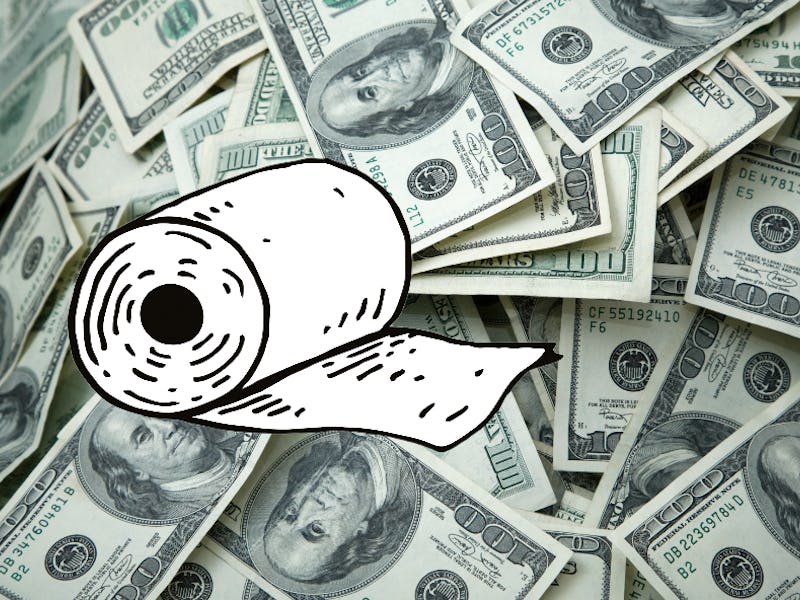Peeing at night could cost the United States' economy billions
Midnight nature calls cause unwelcome disruptions to sleep -- but the costs may be even higher.

A midnight pee break is an unwelcome disruption, costing you valuable minutes of shut-eye. But in March 2019, scientists discovered the true cost of peeing at night may be far higher than you could ever imagine — to the tune of billions of dollars.
Scientists call an urge to pee that’s strong enough to wake you up at night nocturia. And earlier this year, a team of scientists at the RAND Corporation, a non-profit think tank, reported that, if you add up all the people who have nocturia across the United States, two or more of these pee breaks per person could cost the US’ economy as much as $44.4 billion dollars. The results are preliminary and have not been peer-reviewed, but they suggest that the sleep interruptions those bathroom breaks cause, which, in turn, affect productivity at work, may underlie the losses.
This is #5 on Inverse’s list of the 25 most WTF science stories of 2019.
Peeing at night more than twice per night was linked to a three percent loss in work productivity the next day.
Marco Hafner a senior economist at RAND, told Inverse at the time that he wasn’t expecting to find any connection between peeing at night and workplace productivity.
“When we started this research, I thought, we probably wouldn’t find any effects on workplace productivity,” he said.
To start, the researchers estimated how many people wake up twice per night to pee based on surveys done in the United Kingdom and Asia, and then how much those disruptions would impact the way people felt the next day.
About 12 percent of the US population, about 27.5 million adults, wakes up twice per night to pee, they estimate. At least two nightly interruptions was correlated with workplace productivity the next day, according to the results.
Overall, peeing at night accounts for a three percent loss in workplace productivity the next day, the researchers suggest. Spread over the entire United States workforce, that three percent per person adds up to billions in lost profits.
The outstanding question is whether peeing does take as high a toll as this study suggests it does. Previous work has pointed to the effects of sleep loss on judgment and anxiety, but whether the minutes it takes to walk to the bathroom qualify as big enough disruptions remains to be seen. Still, it’s a problem many Americans can identify with, the researchers said.
“The more and more I got into this research, I realized that I had friends and colleagues who said ‘How interesting, I had the same problem’. “The more I learned about this condition, I thought, this could be a problem,” Hafner said.
Note: This research was funded by Ferring Pharmaceuticals, the company behind the drug Nocdurna, which treats nocturia.
As 2019 draws to a close, Inverse is counting down the 25 stories from this year that made us say “WTF.” Some are incredible, some are icky, and some are just plain strange. This has been #5. Read the original article here